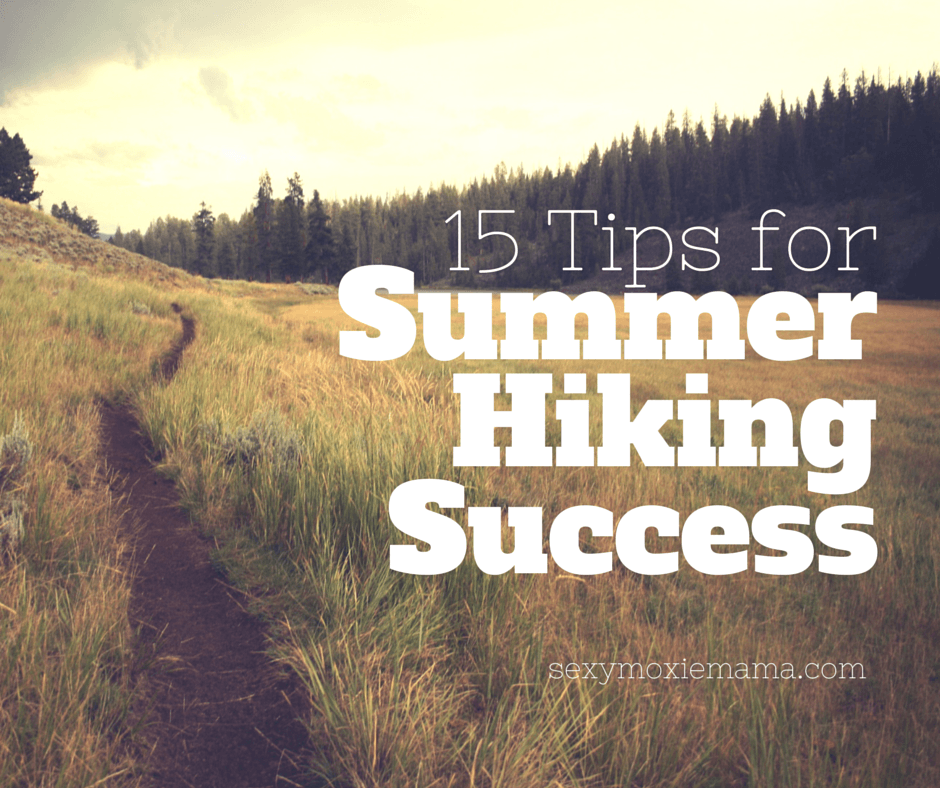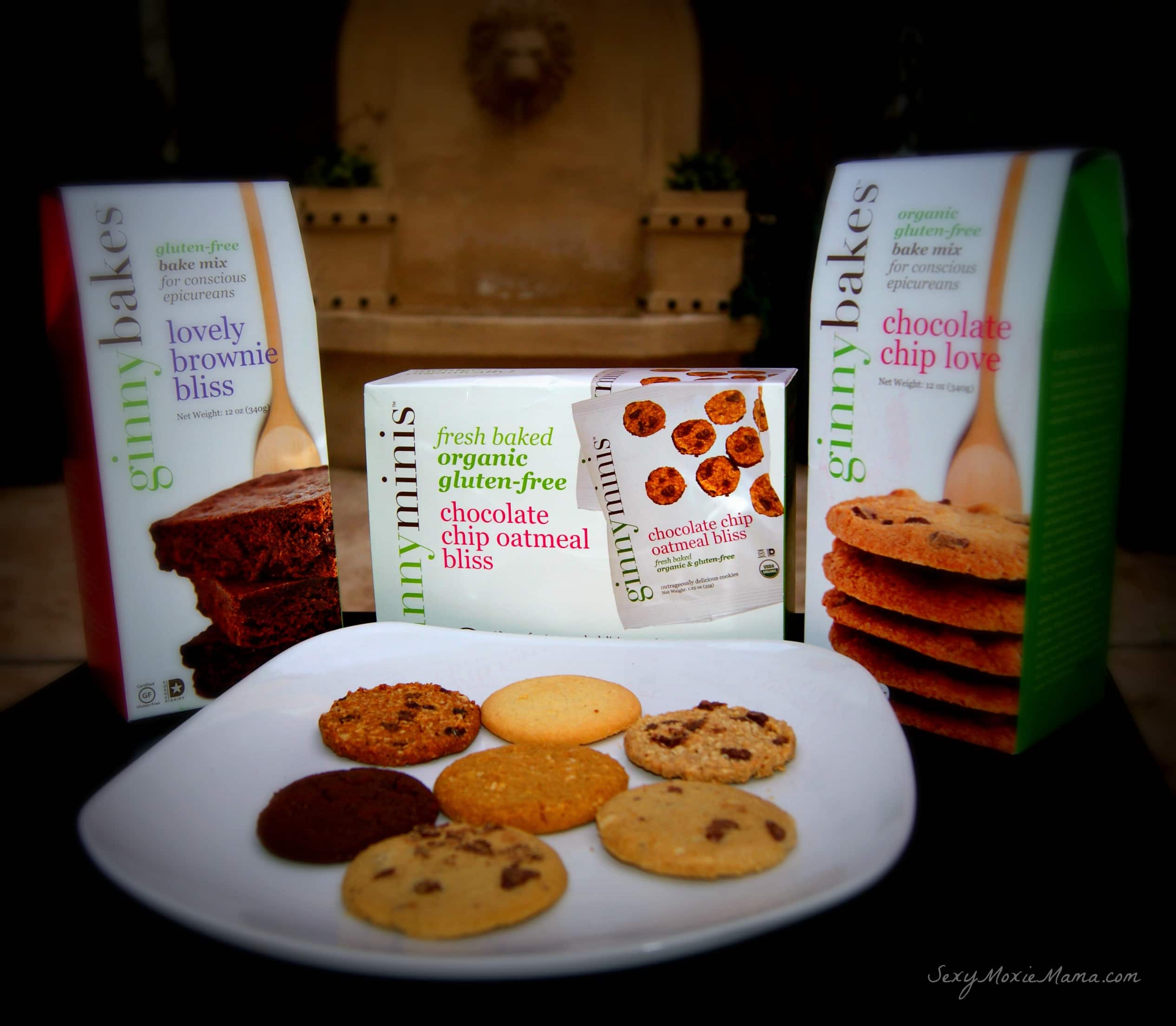Summer is almost here, and if you are like me, you want to spend as much time outside as possible. If you have been reading this blog for some time, you know that I am an avid day hiker. I love to hike with my kids and husband. We have been regularly hiking since we moved to California in January. As the weather starts to warm up, I have noticed that many people shy away from certain physical activities. The once crowded recreation area where we frequently hike is less congested during the week and on weekends now that the weather has warmed up.
But you don’t have to stop your activities just because it is getting warm outside. Understanding how your body cools itself off can help you determine how best to hike in hot weather.
What is Sweating?
When you hike, you work the muscles in your legs, hips, core, and even arms which increases your body temperature and can make you feel pretty warmer. When your body temperature rises, a higher amount blood flow goes to your skin surface with the purpose of removing the heat created by your muscles, and you begin sweating. The evaporation of the sweat from your skin is what cools your body.
Hiking Pace
As your blood is redirected to your skin’s surface to cool you off, less blood is available to your working muscles. With less blood available, your heart has to work harder to sustain your hiking pace, and the result is a higher heart rate. In other words, hot and humid weather makes your normal hiking pace has just become much more difficult.
Humidity
Along with the higher summer temperatures, there is also can be higher humidity. Heat and humidity can make you feel warmer. Higher humidity means the air is more saturated with moisture. The higher the humidity, the more difficult it is for you to cool off because your sweat cannot evaporate due to the moisture in the air. You may even feel like you are sweating more than usual.
Hydration
Sufficient hydration is so vitally important in hot weather. Sweating can decrease your blood volume due to fluid loss. Additionally, when your sweat you are also losing important electrolytes. Drinking plenty of water along with a sports drink or an electrolyte supplement can be critical to your health and help you maintain energy to complete your hike.
Refuel
It is no secret that your body has to work harder in hotter weather. This means you will burn through your glycogen, or carbohydrate, stores at a much faster rate than usual. Additionally, you are more likely to accumulate a higher levels of lactic acid in your muscles.
Tips for Hiking in the Heat
- Hike at the coolest time of day. This is usually in the morning.
- Avoid hiking during the hottest part of the day. During the summer month, this is the middle of the day.
- Plan shady routes and/or routes with adequate water supply.
- Wear loose-fitting, light-colored clothing that wicks sweat away and dries quickly.
- Consume appropriate amounts of water and an electrolyte replacement drinks or supplements for your hike. The rule of thumb is 1 Liter of water per person per 2 miles, depending on difficulty level.
- Always use sweat-proof sunscreen. Sunburned skin loses its ability to sweat, making cooling you less effective.
- Look at any medications you are taking. Some medications can increase your sensitivity to the sun and heat.
- Slow down your hiking pace down to adjust to the heat and humidity.
- Hike by feel or Perceived Level of Exertion instead of pace. If a hike feels difficult, it probably is difficult regardless of actual difficulty level.
- Cross train indoors on days when it is too hot or too humid for your comfort. Hiking or walking two or three times a week outdoors will keep you acclimated to the heat and humidity.
- Take breaks often to allow yourself to re-hydrate, refuel, lower your heart rate, and rest your muscles. If you are hiking near a water source, take advantage of a dip in the river, stream, lake, or pond.
- Consider hiking at higher elevations where it is cooler.
- Wear a hat or head covering to ensure that your head does not get too hot.
- Always carry a cell phone and let others know where you will be hiking. If you run into trouble due to dehydration or excessive electrolyte loss, you may begin to feel ill. Being able to call for help is imperative to your health.
- If you are carrying a baby or toddler on your back, allow them time outside of the carrier during breaks. Carriers can trap the baby’s body heat causing them to overheat as well as creating excess heat on your body. Make sure you follow the above tips for your baby as well.




Great tips! I’d love to find a local place to go hiking. I miss hiking like I used to back home so if I can find a place, I’ll be able to start up again!
Jeanine recently posted…7 Ways to Relieve the Itch from Mosquito Bites
Thanks for all of these great tips. Now that my boys are active explorers, we will be doing tons of hiking this summer Any tips on avoiding ticks?
Amanda recently posted…SuperDads in Chicagoland
Try Rose Geranium Oil.
We hike a lot and I love all your tips. I always make sure we have LOTS of water and snacks with us!
These are super great tips for hiking during the summer months. We like to hike as a family and we always go early in the morning when its cool. The family is already up, may as well get moving before it gets hot!
Cindy (Vegetarian Mamma) recently posted…Frito Chili Cheese Dogs – It’s Time for a Cookout!
It’s almost always too hot to go hiking in the summer in Georgia! Great tips, though, you definitely know what’s most important.
Kiersten recently posted…Mystic Muse Monthly – May 2015
Great tips. Now I want to plan a family hike.
Crystal recently posted…My Mommy Brain is Scrambled
Living in Southern California, it’s usually always warm so we have to be really prepared with hydration and “fake shade” on a lot of the hikes around here. Everyone should read a list like yours before they take it on. I think too many don’t know what they’re in for. We were at the Grand Canyon last month and people were definitely struggling – it wasn’t even hot! I hate to think what it would have been like had those people been stuck in the usual Arizona heat.
Heather recently posted…Please Stop Asking Me to Work for Free
Hiking is fun! These are great tips.
Thank you. Since moving to California, I have really learned to love hiking.
These tips are super important, especially for a girl like me who lives in AZ and it can get super hot, and people need to be really careful out there when hiking, which I love!
Erin Kennedy recently posted…Strawberry Goat Cheese Toast
I plan on hiking over the 4th of July with my family. I think water is soooo important to bring. These are some awesome tips though. Where do you hike?
Hi. We hike mostly in the Northern California foothills of the Sierra Nevada Mountains. We have also hiked in the mountains a couple of times. Where do you hike?
I enjoy hiking so much, although I can’t go at that brisk of a pace. My little legs are too short! I’m so with you on hydration. That helps a TON!
Liz Mays recently posted…Pilot Mountain NC
I cannot go very fast either, Liz. I use to think that it was the weight of my toddler that made me only able to go about 3 mph. Then, one day we went hiking without the toddlers and realized that we were just slow. Haha!
I’m not a big hiker, but have been getting outside more. These tips would work for a variety of activities outside.
April G recently posted…My Week in Review {#70DaysofSummer}
You are so right. These tips can be used for any prolonged outdoor activity during the summer.
Great tips, I want to do more hiking this year. I would love to go to Utah!
April Decheine recently posted…Why We love to Workout on the beach
Hiking is one of the reason why I love love summer. It’s the perfect season for camping. Also, casino gaming in our area is a little lie low during the time, so lots of time to go hiking.